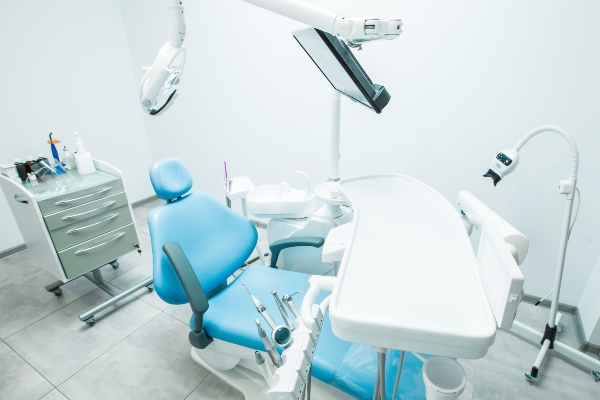 The process of adjusting to new dentures takes several weeks. During this time, you may experience some discomfort and self-consciousness. Both partial and complete dentures take some getting used to. Your dentist gives you instructions for denture adjustment, and if you follow them closely, the process should be simple. However, it does require patience as there is no rushing the adjustments or taking shortcuts.
The process of adjusting to new dentures takes several weeks. During this time, you may experience some discomfort and self-consciousness. Both partial and complete dentures take some getting used to. Your dentist gives you instructions for denture adjustment, and if you follow them closely, the process should be simple. However, it does require patience as there is no rushing the adjustments or taking shortcuts.
General tips for adjusting to new dentures
When you first receive your new dentures, you should give precedence to the specific instructions given to you by your dentist, in particular, how often to wear the appliance. It is acceptable to take a break from wearing them for a few hours to give your mouth a rest. However, it can prolong getting used to them if you do not wear them for most of the day. The following general tips for adjusting to new dentures may be helpful as well.
Try different adhesives
Adhesives stick your dentures to your gums so they stay in place and do not slip. There are many different types of adhesives on the market. With the guidance of your dentist, you can try another kind if the first one does not seem to be working.
Address sore spots
Do not panic if you develop sore spots in the mouth after a few days of wearing your dentures. This is normal when a foreign object comes in contact with your delicate gum tissue. It is expected as part of the adjustment process. The painful areas resolve with time, and you can relieve discomfort and reduce inflammation by rinsing your mouth with warm salt water.
Practice speaking
When adjusting to new dentures, you need to practice speaking to relearn how to make yourself understood. You can use the following techniques:
- Reading magazines or books out loud
- Singing along to favorite songs
- Thinking out loud
Talking at home helps you to become more confident in your communication ability when you go back out in public.
Plan meals carefully
Getting all the necessary nutrition is important during the process of adjusting to new dentures. However, some foods are easier to eat than others. Beans, eggs, mashed potatoes, puddings, and cooked vegetables are all examples of soft foods that are more manageable. Take smaller bites of food and avoid those that are processed as these are less healthy.
Exercise facial muscles
You can increase the control you have over your meals while eating with dentures by exercising the muscles of your face, particularly the cheeks. When you are chewing, these muscles move the food in your mouth in the proper direction. Ask your dentist about exercises you can do to strengthen this area. Start even before you get your dentures.
Conclusion
Adjusting to new dentures takes time and patience. Occasionally, it can be uncomfortable. However, the process can be simple and progress smoothly if you follow the instructions you receive from your dentist.
Request an appointment or call GK Dental PC at 617-826-6075 for an appointment in our Everett office.
Recent Posts
It is not surprising that adjusting to new dentures takes a little time. After all, you have new items in your mouth, and they will at first feel a little strange. Most people have enjoyed a mouth full of teeth for many years. You will also need to become comfortable chewing foods, drinking liquids, and…
Everyone adjusting to new dentures needs to remember that it takes time before they are entirely comfortable. Getting used to them is a process made smoother by taking the correct steps and maintaining realistic expectations. What follows are some commonsense suggestions for how you should approach breaking in a new smile.Attitude is everything. Remember that…
When you are adjusting to new dentures, it may seem that taking care of them requires a lot of time. Not only do you need to brush them every day, but you also need to soak them in a special solution each time you take them out overnight. Eventually, your denture care steps will become…


